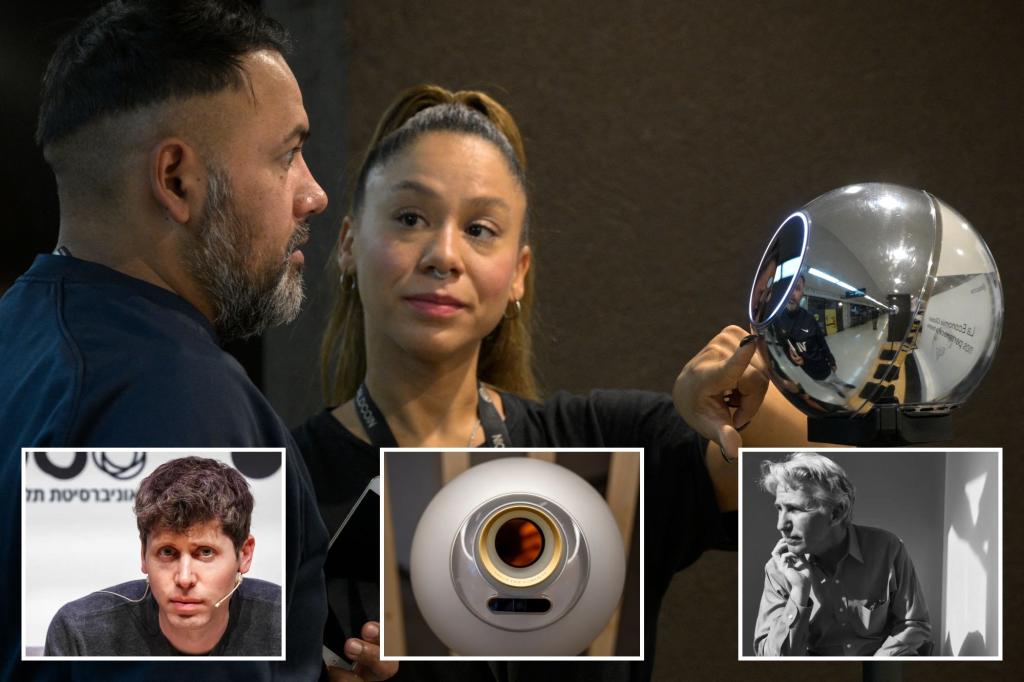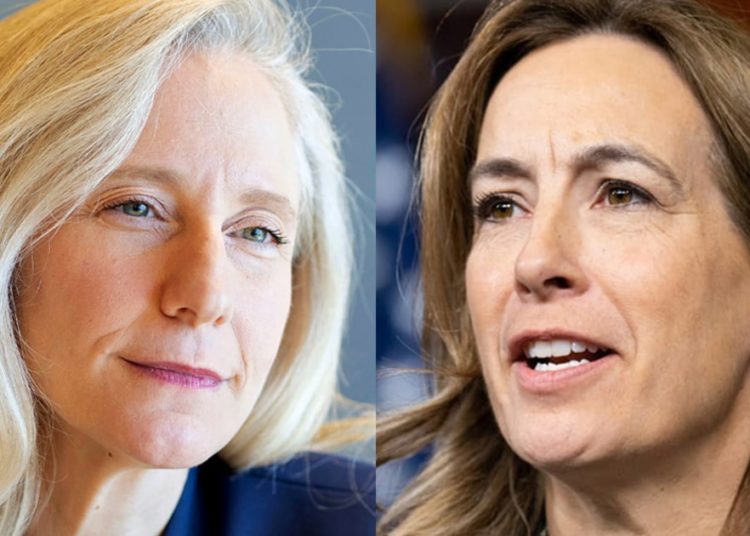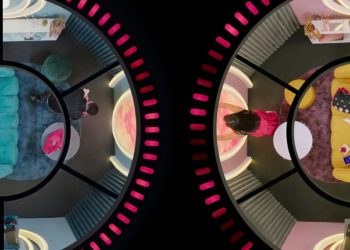The eyes may have it, but Sam Altman only wants yours for a quick iris scan.
With that, the tech mogul says his latest venture, the World project, can eliminate ever-more sophisticated and human-like bots from the internet.
The rapid rise of AI has meant it’s become increasingly hard to tell if articles, comments on message boards, the people you’re playing against in online games or even chatting to are real.
The world project wants to change that by giving everyone a unique ID, which, when applied online, would confirm they are the person they say they are.
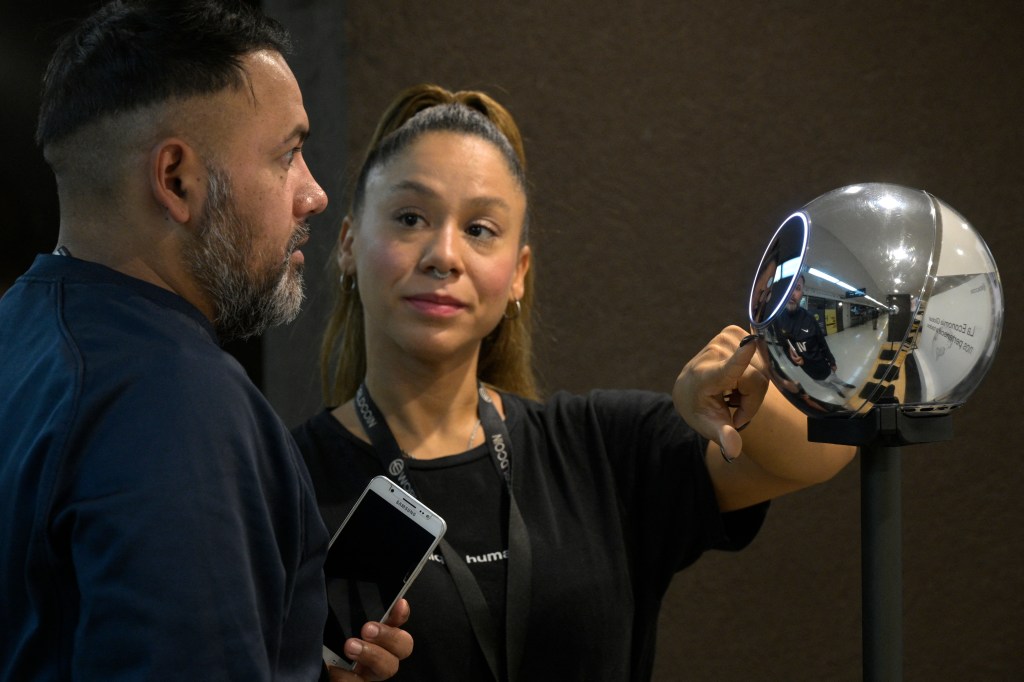
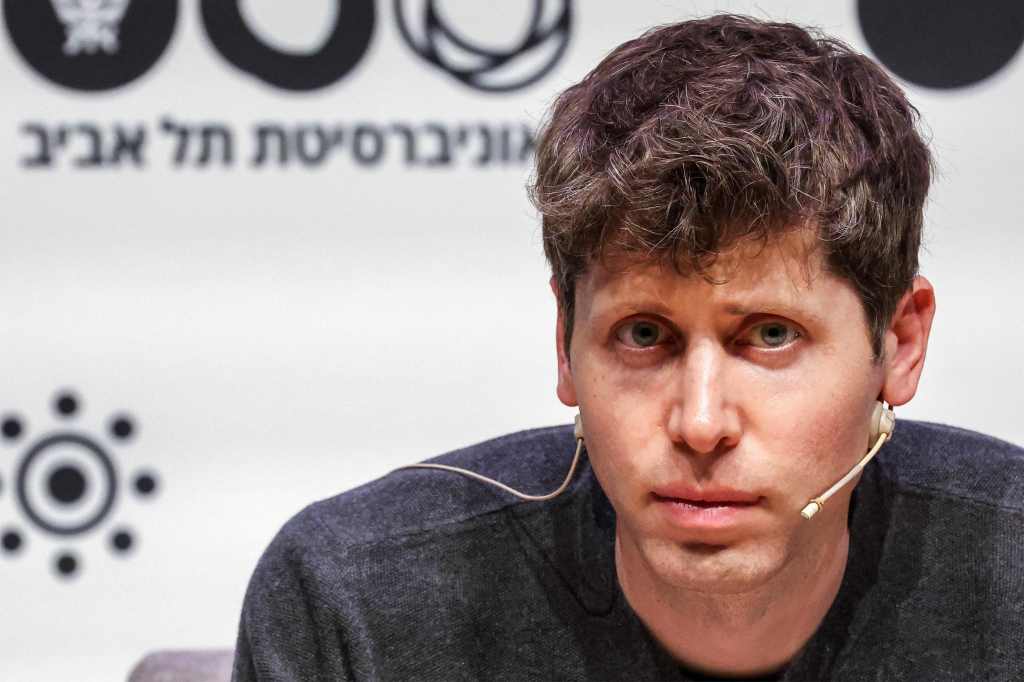
So far 15 million people around the world – The Post has been told the ambitious goal for the project is to reach 100 million in the next year – have been “Verified Human” by the scans.
The process of signing up involves a futuristic-looking, shiny sphere called an Orb. A person looks into its lens for five seconds and it obtains a picture.
“It confirms that you are alive with sensors that check for heat, movement and a number of other things,” according to a spokesperson for Tools for Humanity, the company that contributes technology to World.
“Then it takes a very high-definition photo of your eye and creates a special code [which is a 12,800-digit binary number, based on one-of-a-kind characteristics of your iris], which are unique to everyone,” the spokesperson added to The Post.
Privacy activists have raised concerns about handing such biometric data over to a private company, but World claim there’s no need to worry as the Iris scan itself is quickly disposed of as it is replaced with the binary code, which it sends to a “privacy pack” within your phone.
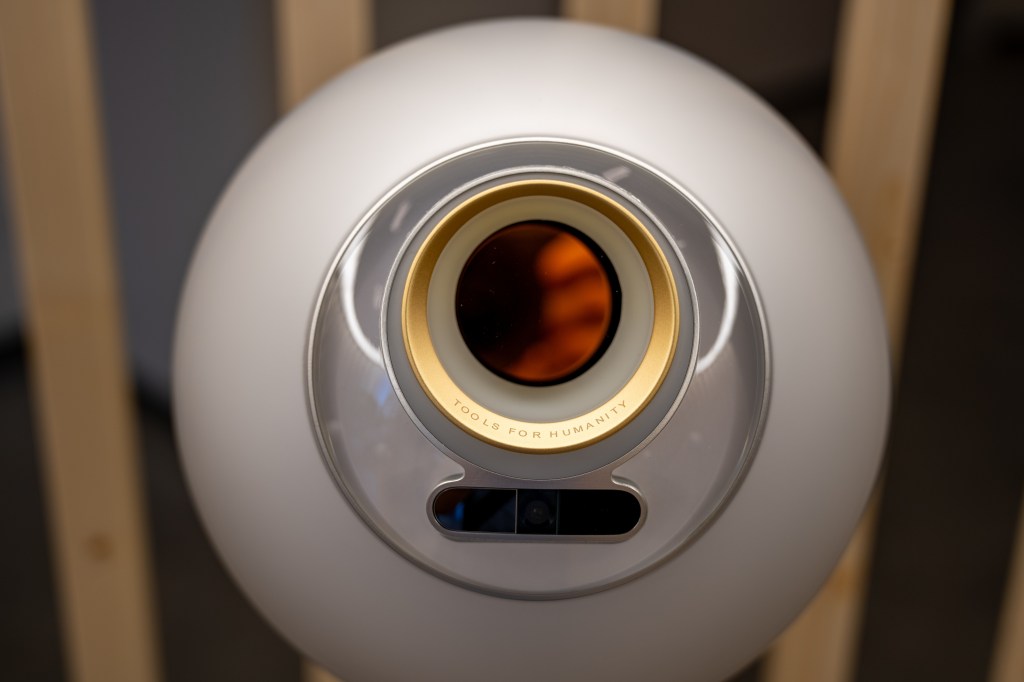
“It creates a zero-knowledge proof,” continued the spokesperson. “It won’t say which human you are or anything about you. But it just confirms that you are a [unique] human.”
Gary Rivlin, Pulitzer Prize winning journalist who wrote “AI Valley” said he’s not ready to take the plunge.
“Am I doing it? No,” he told The Post. “Until I have a good reason to do it, I would never do something like that. If it was, like, ‘Oh, this is an amazing set of technologies that I really want in my life, and this [allowing the iris scan] is the price of admission,’ then I’d consider it.”
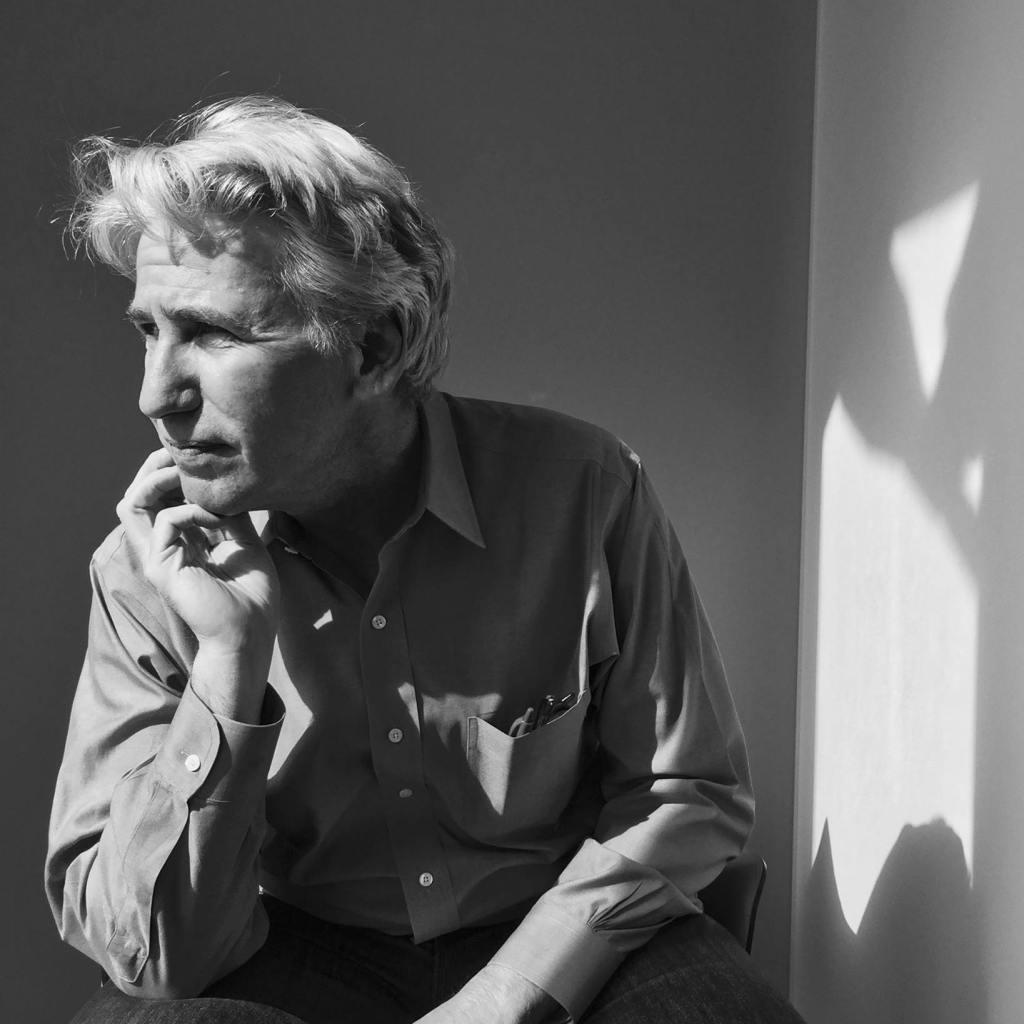
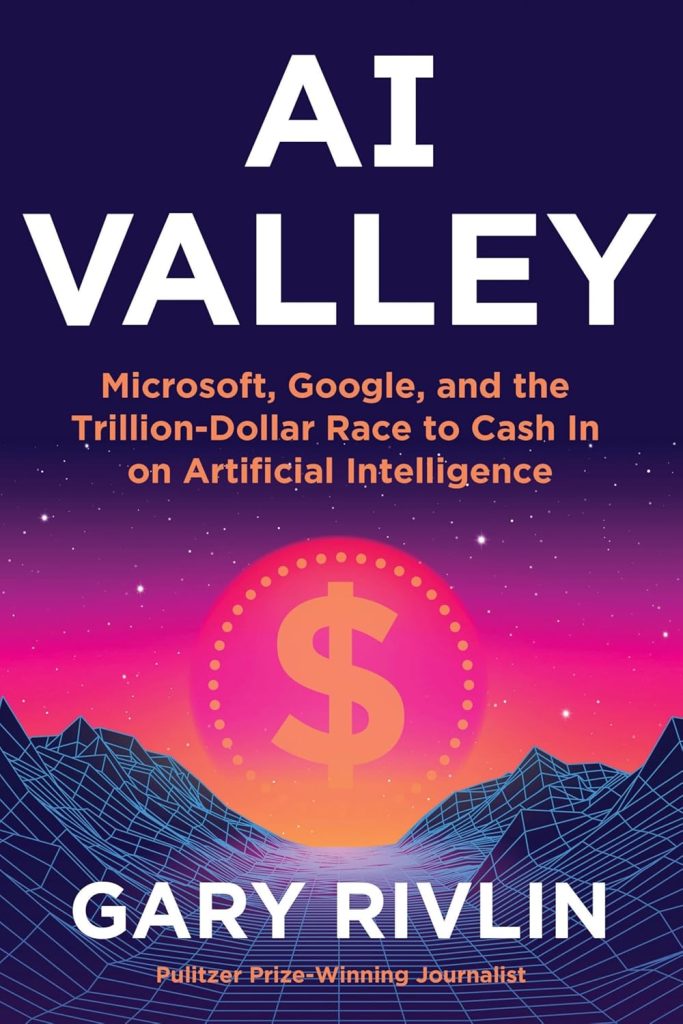
World is incentivizing people to undergo the scans by issuing its associated Worldcoin cryptocurrency tokens to those who consent to have their iris scanned. In the US, they give the equivalent to $42 worth of Worldcoin, issued piecemeal over the course of 12 months.
“This is one more step toward loss of privacy,” Ben Winters, director of AI and privacy at the Consumer Federation of America, told The Post.
Rivlin wonders if public sentiment toward large Silicon Valley companies — which have long been found to be susceptible to hacks and data breaches; leaking passwords, emails and intimate details of almost everyone in the US — is a potential stumbling block.
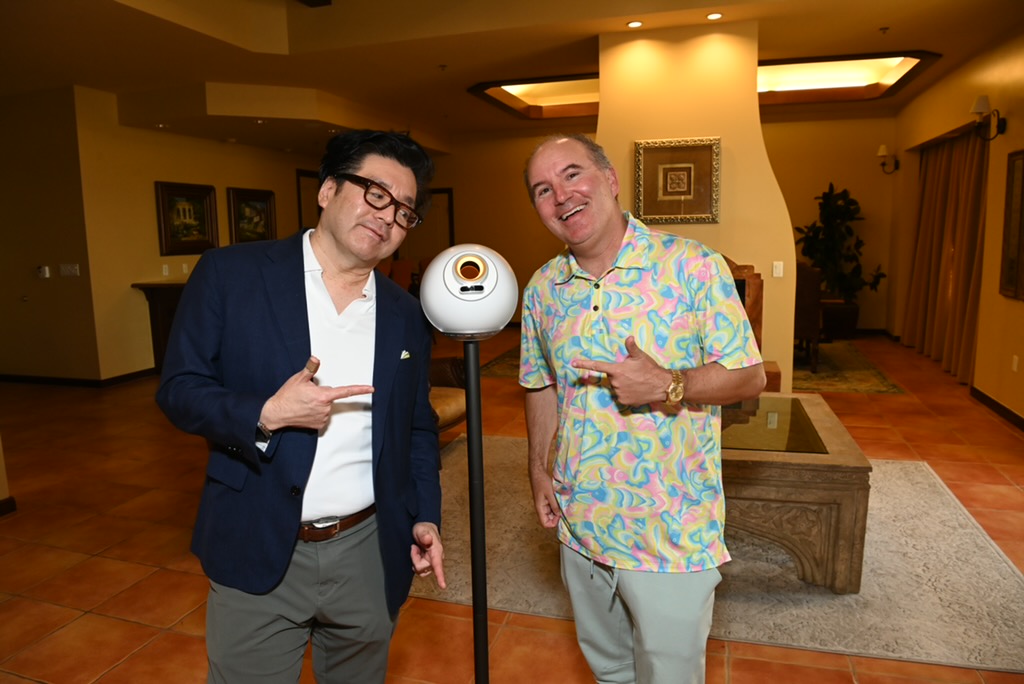
“Trust in big tech is at an all-time low in the United States. Sam Altman is now big tech. And he is asking for something very private,” he added.
The spokesperson insisted participants in World’s iris scanning project are not at risk of their identities being exploited, as they are represented only by a line of numbers.
“It’s the safest privacy-driven solution out there,” said Tom Lee, Chairman of BitMine, which invested $20 million into Eightco, the first Worldcoin Treasury.
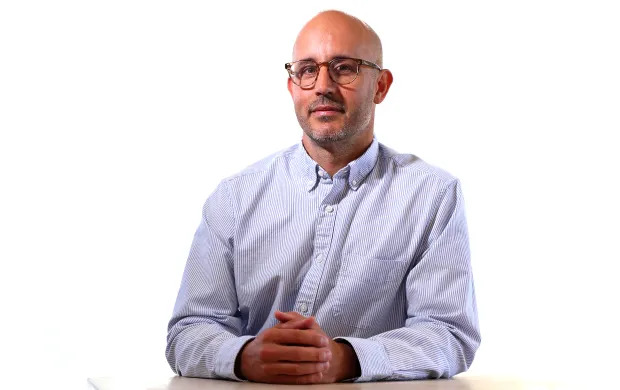
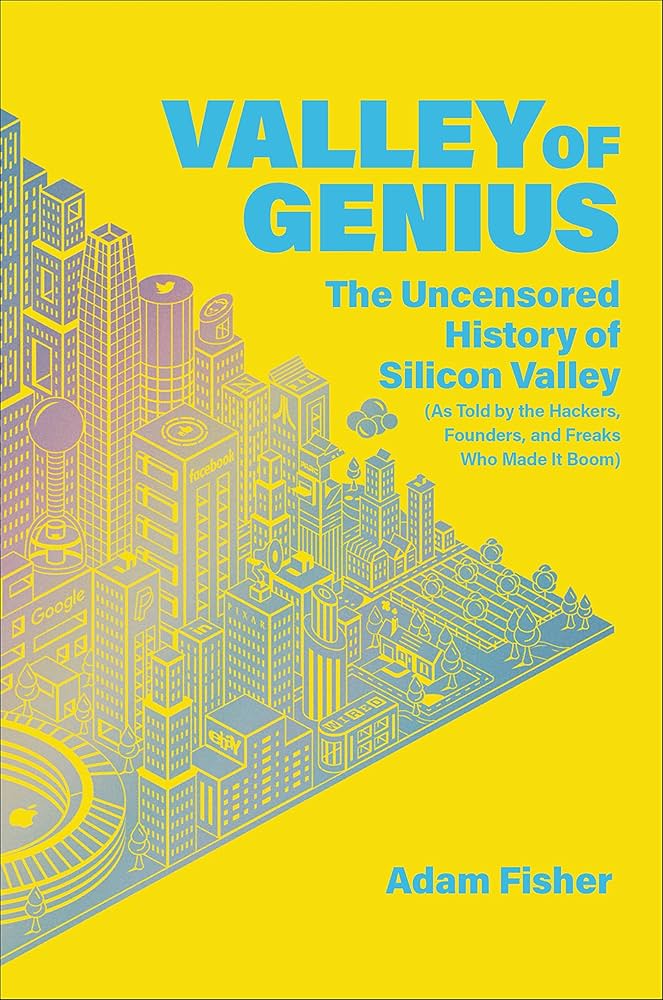
“There is no data held by the company. That makes it a lockbox solution.”
As the spokesperson tells it, the idea for World and its Orbs was in place before the AI became a household word in 2022 after the launch of OpenAI, Altman’s best-known venture.
“In 2019, Sam Altman and [his partner in this project] Alex Blania saw the Internet becoming increasingly sophisticated and believed that it would soon become increasingly difficult to distinguish online from human,” she told The Post.
Tying the verification to a crypto coin is part of a second function of the project – one that is about leveling the financial playing field.

As AI became a reality, Altman began to realize that in its most advanced form, it would begin taking jobs away from humans. He came to feel a universal basic income would eventually be necessary, with funds coming from the AI labs that will replace human jobs with machines.
Altman even helped fund a wealth redistribution experiment in which $1,000-a-month was given to low-income people who lived in Texas and Illinois. But he also noticed there was no way to ensure individuals were not deploying AI to collect multiple times, or when they were not entitled.
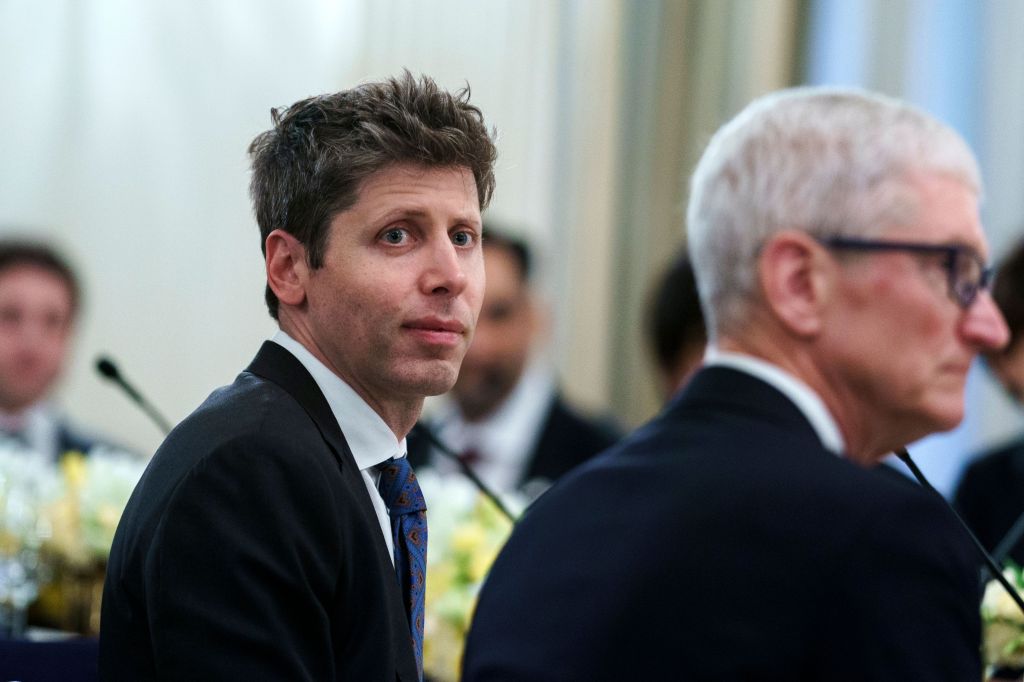
World hopes it’s tool can verify payments and eliminate fraud. In a 2023 white paper outlining its mission and function, the organization wrote: “As AI advances fairly distributing access and some of the created value through [Universal Basic Income] will play an increasingly vital role in counteracting the concentration of economic power.”
Some see this as being in line with the utopian tech visions of early internet pioneers.
“I don’t think [Altman] is in it for the money; I think he is doing it to better humanity,” Adam Fisher, author of “Valley of Genius,” told The Post. “If you have more money than you can spend, it’s about trying to do something big that will help people.
“This is a particular flavor because it involves cryptocurrency and iris scanning and it comes out of an engineering mindset. It’s the impulse to do something good and to route around the government. The crypto, the iris thing, it all smacks of a certain techno utopia.”
Still, it may also eventually turn a profit.
“Every time a proof of human verification takes place, a small sliver would be paid. There would be a charge and a World token would be used to pay that charge,” according to Lee about possibilities for the future.
And at the very least World should soon help ensure you can get a real-life date, as the spokesperson says it has “a partnership with Tinder” and is in talks with Reddit to apply human verification.
The video game company Razer is already up and running to ensure bots are not getting into the competitive mix.
“Sam is very optimistic about the future of AI, and he also feels strongly that humans should play a central role in that future,” the spokesperson added.
The post Sam Altman wants his new company to scan the irises of every human on Earth — here’s what that means for you appeared first on New York Post.
